History of IPC: Forged in the wake of war
The history of International People’s College dates back to 1921 and is a peace initiative created in the wake of WWl. The idea was to bring people together from different nations and walks of life to study and live together in the manner of a Danish Folk High School. The founder of the International People’s College was Peter Manniche (1889-1981). He was a humanitarian and visionary who understood the values of peace and tolerance. These values needed to be taught and cultivated in young people to create the next generation of leaders in a world so often troubled by violence and conflict. For his efforts Manniche was nominated for a Nobel Peace Prize and was awarded an honorary doctorate from Springfield College in Massachusetts.
“Peter Manniche applied Grundtvig’s ideas to an international setting. I was very impressed by him and I continue to be influenced by him in teaching at Flinders University to people who have come back into the education system as an alternative pathway to university.
(David Bunce, Australia, Spring & Autumn term 1972; Quote from 2018 on his meeting with Peter Manniche)
Celebrating diversity
Since its inception in 1921 the International People’s College has celebrated diversity. Understanding the differences between people is seen as an essential precondition for better understanding one’s self and developing as a person. It is also necessary for knowing more of others and the world. Peter Manniche sought to sustain a dialogue between individuals and cultures to create deeper human and spiritual values.
Famous students and visitors to IPC
As an innovative and unique effort in education, many famous people have both studied at and visited our Folk High School in Denmark. The great Danish poet Halfdan Rasmussen, Kenya’s first prime minister Jomo Kenyatta, painter Carl Henning Pedersen and artist Jørgen Nash were students at International People’s College. Nobel laureate for literature Rabindranath Tagore, physicist Niels Bohr, writer Martin Andersen Nexø, her Royal Highness the Queen of Denmark, Margrethe and her husband Prince Henrik, former Danish Princess Duchess Alexandra and human rights advocate and Nobel Prize nominee Cecil Rajendra have all visited the International Peoples College. In 1949 the International People’s College was the venue for the first UNESCO international conference on adult education (CONFINTEA) and it has hosted a number of international meetings and events over the decades.
For more information on the International People’s College’s history please see Max Lawson’s The International People’s College 1921-96: A Celebration of 75 Years of Working for Peace and International Friendship, for sale at the IPC office.







